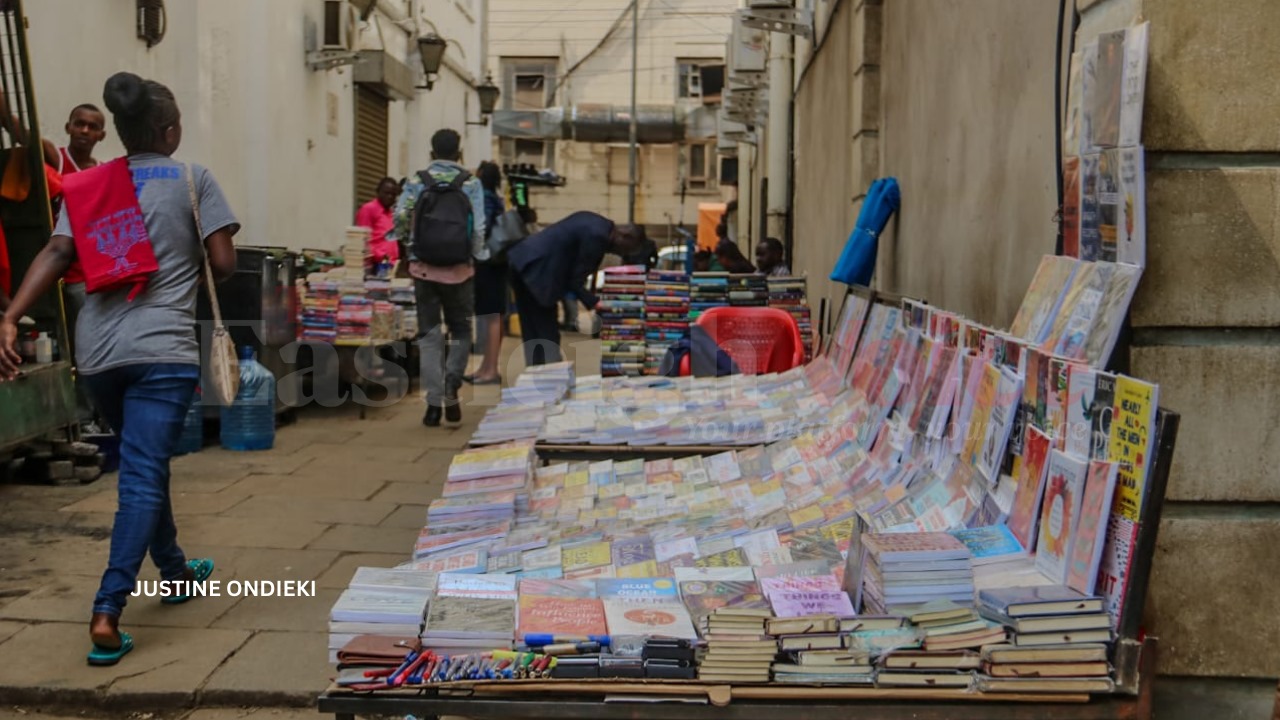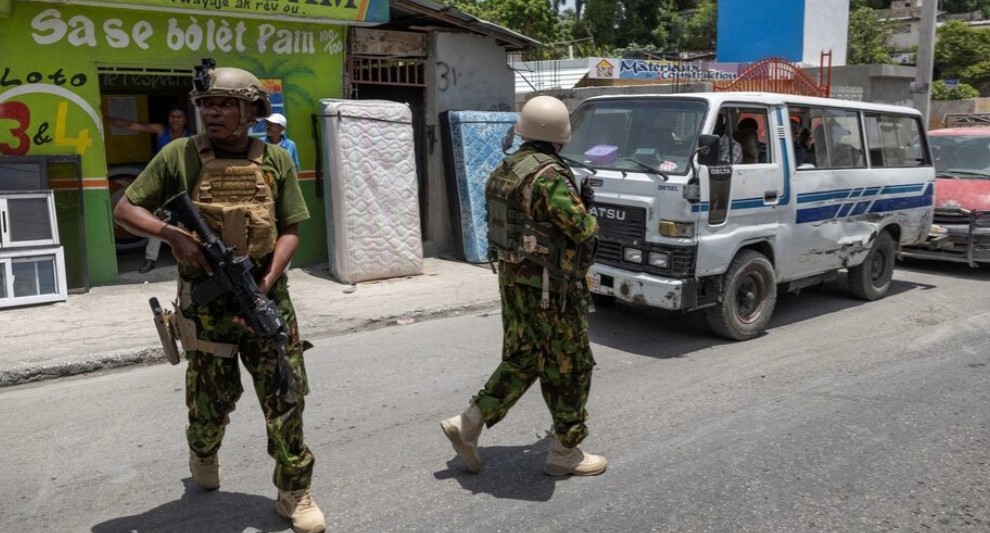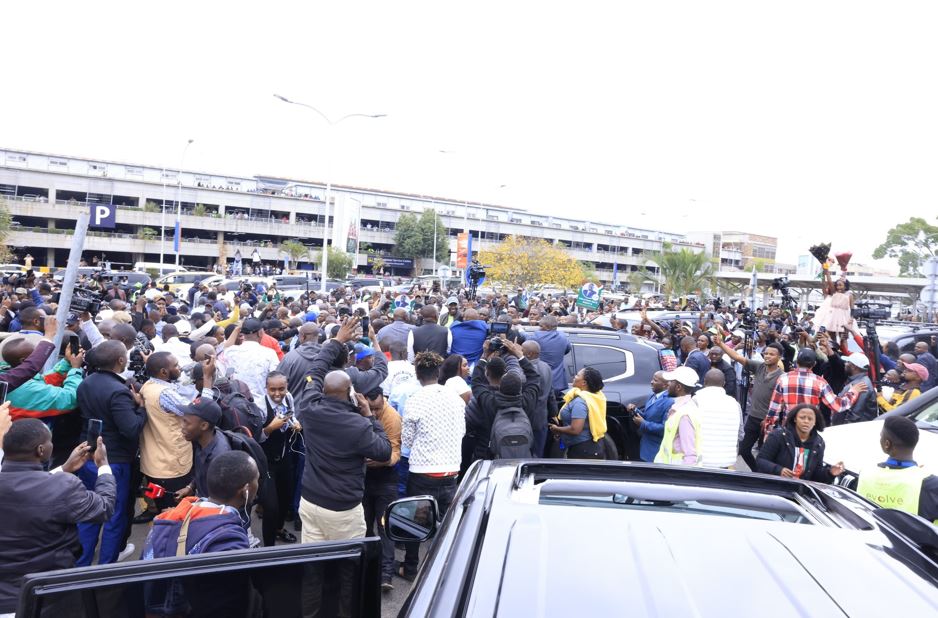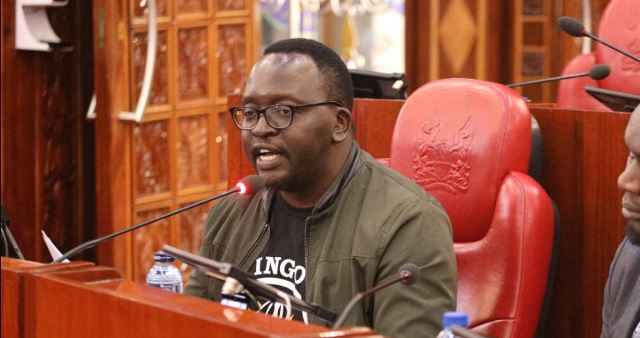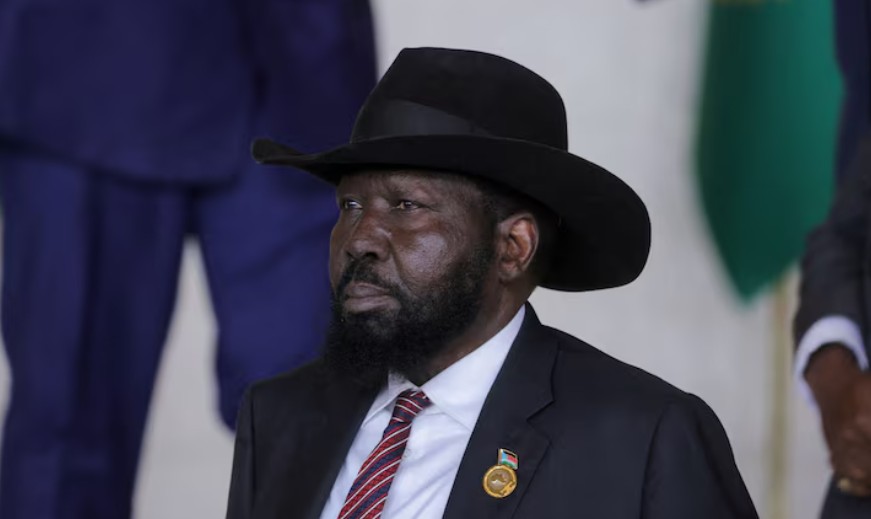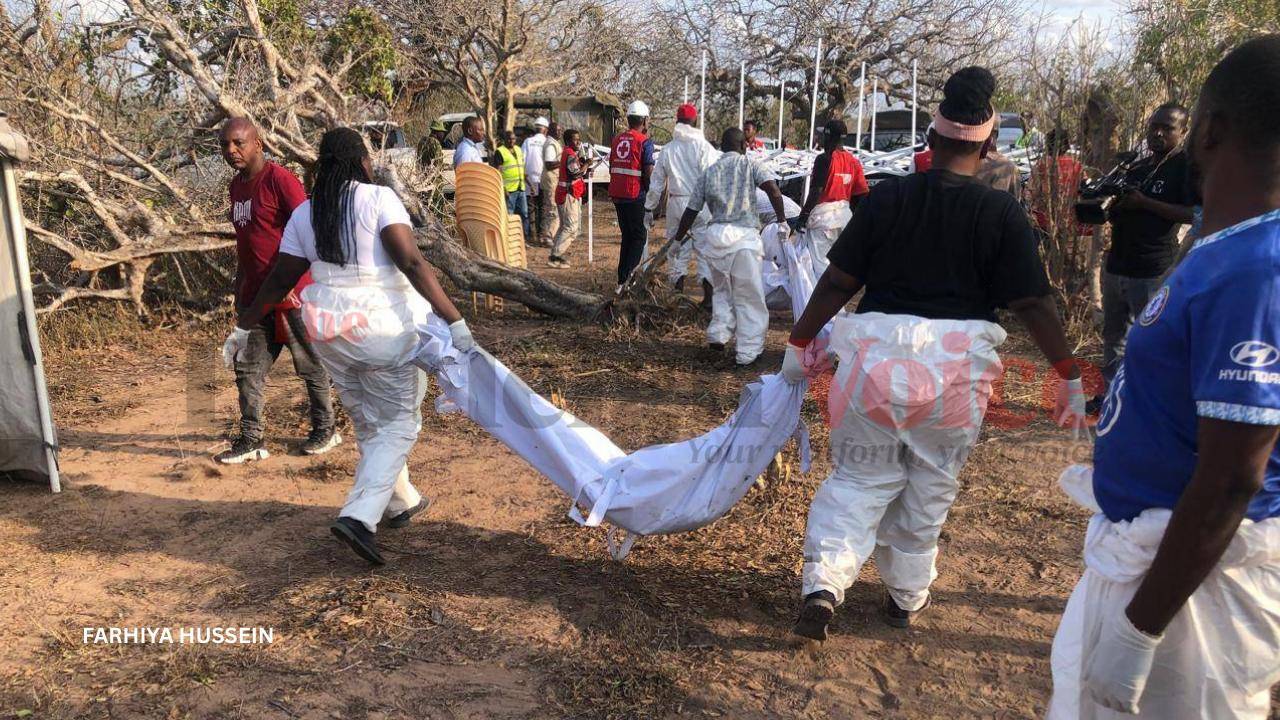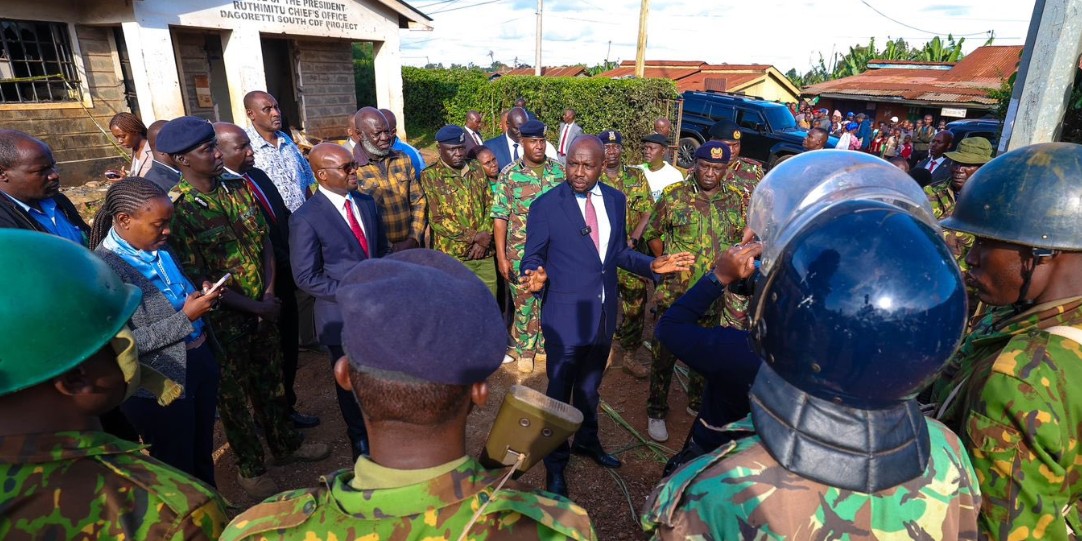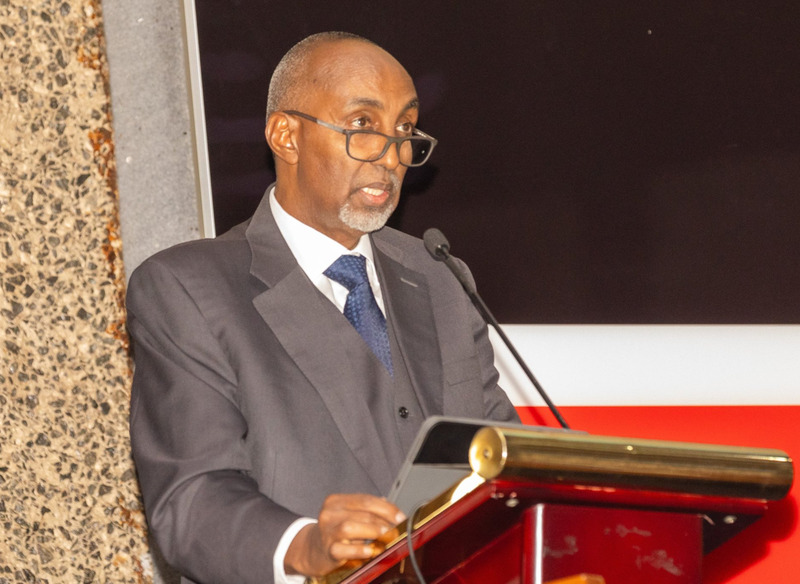Rabai elders cry foul over attempts to seize sacred Kaya forest land
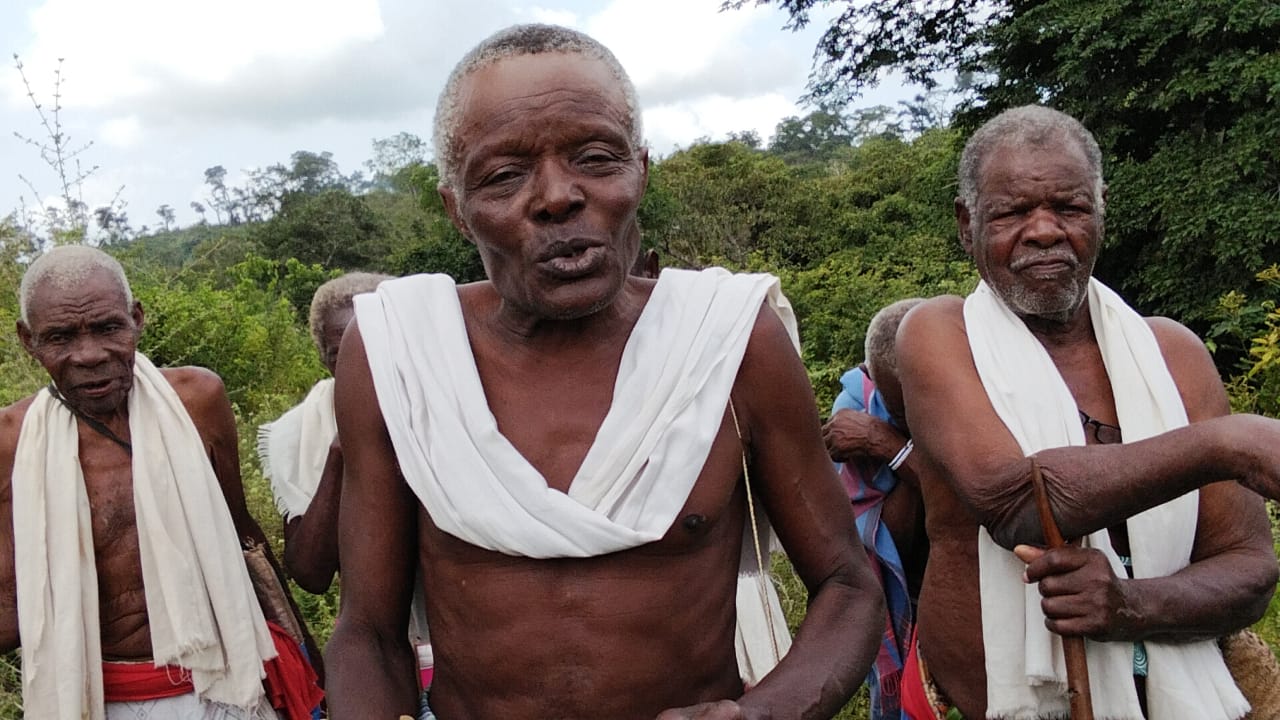
The elders, visibly angered by the attempts, argue that the scheme is a thinly veiled attempt to dispossess them of their ancestral shrines to pave the way for private development.
Elders from the Rabai Kaya community in Kilifi County have come out strongly against what they allege are increasing efforts by well-connected individuals to seize portions of the sacred Kaya Mudzi Mwiru forest.
They say repeated approaches have been made to convince them to sell the site, which they describe as a vital spiritual and cultural sanctuary for the Mijikenda people.
More To Read
- MPs demand swift action on stalled Jomvu link road project
- Kipini residents urge government to preserve historic DC’s office as tourist heritage site
- Task force begins stakeholder talks for global human origins museum in Turkana
- Government to protect historic Portuguese Chapel from encroachment, pushes for UNESCO status
- Kenyan palaeontologist Fredrick Manthi elected to US National Academy of Sciences
- Vaco da Gama Pillar: A five centuries-old identity that makes Malindi distinct
The elders, visibly angered by the attempts, argue that the scheme is a thinly veiled attempt to dispossess them of their ancestral shrines to pave the way for private development.
Chairman Daniel Garero claimed that the pressure is not only persistent but increasingly manipulative, with some educated youth within the community allegedly being used as intermediaries to sway the elders' stance.
“Kaya forests are not ordinary parcels of land; they are sacred. They are places where our elders connect with their ancestors through prayers and rituals,” Garero said.
“There are four key Kayas in Rabai, including Kaya Mudzi Mwiru, Kaya Bomu, Kaya Mudzi Muvyia, and Kaya Fimboni, all of which are now being targeted. Selling these lands will only bring calamities to our people.”
Garero appealed to the National Museums of Kenya (NMK) and the Kenya Forest Service (KFS) to intervene and publicly expose those behind the alleged scheme.
He emphasised that Kaya Mudzi Mwiru and Kaya Bomu had already been gazetted as national monuments, yet intrusions persist, undermining both cultural heritage and environmental conservation efforts.
Fellow elder Hare Mdigo Chivuto warned that any violation of the sacred forest would provoke ancestral wrath. “This is more than a heritage site, it is a spiritual place where we preserve the Rabai identity. The ancestors are not pleased. If this deal proceeds, they will fight back,” he cautioned.
The elders said that previous efforts to conserve the Kaya forests were now being reversed. Omar Munga Chembe, another elder, noted that the community had been actively involved in reforestation campaigns and public education to protect the forests.
He warned that unchecked land grabbing would not only destroy the sacred sites but also contribute to environmental degradation in the region.
“We have been planting trees and educating our youth on why the Kayas matter. If this continues, we will lose not just our culture but also the natural ecosystems that sustain life here,” said Mzee Chembe.
The elders reiterated their firm stance against any sale or development within the Kaya forests, insisting that their cultural legacy is not up for negotiation. They have vowed to hold on to the shrines and perform traditional rituals if necessary to protect the land from encroachers.
Top Stories Today

